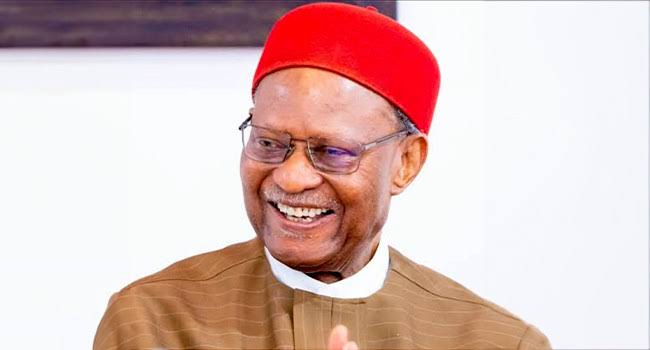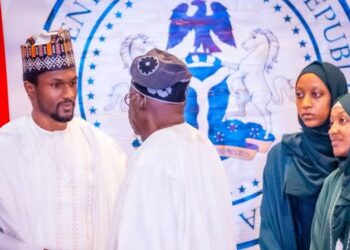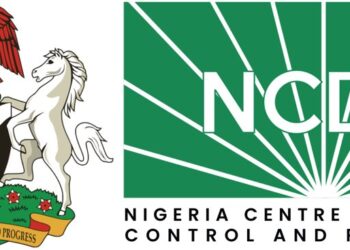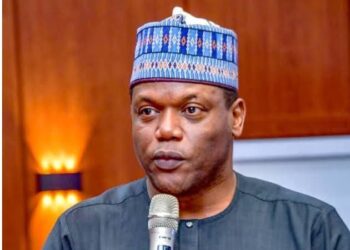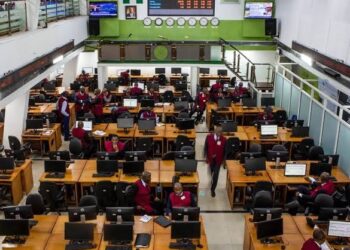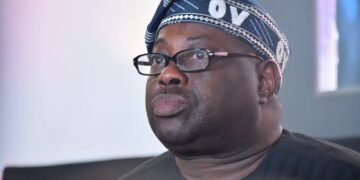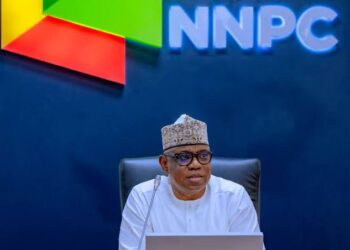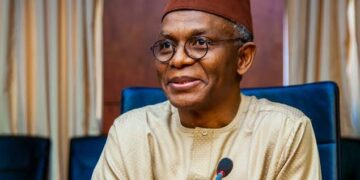Chief Emeka Anyaoku, former Commonwealth Secretary-General, has called for urgent constitutional restructuring to preserve Nigeria’s future.
During a post-seminar briefing in Lagos, Anyaoku presented a communiqué from the Eminent Patriots of Nigeria, a coalition of elder statesmen advocating reforms. He emphasized that Nigeria’s complex structure requires a truly federal system to thrive, not the 1999 Constitution.
Citing examples like Yugoslavia and Czechoslovakia, Anyaoku warned that pluralistic nations without federal frameworks often disintegrate completely. Conversely, countries such as India and Canada remain stable due to their adherence to federal principles and inclusive governance.
He stressed that insecurity, unemployment, poverty, and disunity all stem from Nigeria’s faulty constitutional foundation that ignores its ethnic and regional diversity.
The summit resolved that Nigeria must urgently adopt a new, people-endorsed constitution to replace the illegitimate 1999 military-imposed charter.
Anyaoku revealed the group’s plan to pressure President Tinubu to send an executive bill to the National Assembly. This bill would establish a constituent assembly to draft a new federal constitution that reflects Nigeria’s complexity.
Once completed, Nigerians would vote in a national referendum, ensuring that legitimacy flows directly from the people—not decrees or military imposition.
He explained the need for new federating units and a smaller, cost-effective legislature to reduce unsustainable national expenses immediately.
Currently, recurrent spending and debt servicing consume over 70% of Nigeria’s national budget, threatening economic sustainability and growth nationwide.
Anyaoku said the summit wants federating units to enjoy devolved powers, including establishing their own court hierarchies and police forces.
They propose separating the Attorney-General from the Minister of Justice, allowing for impartial legal oversight devoid of political interference.
Additionally, the summit recommended major electoral reforms such as single-day voting, electronic result transmission, and mandatory BVAS usage nationwide.
They demanded penalties for politicians who defect from their parties mid-tenure, insisting such actions must cost them their legislative seats.
Other recommendations focused on drastically reducing governance costs by merging ministries and streamlining federal agencies currently burdening the treasury.
On security, Anyaoku expressed deep concern that over 600,000 Nigerians died violently between May 2023 and April 2024 alone.
To address that, the summit proposed border forces and coastal policing to block criminal infiltration through Nigeria’s notoriously porous boundaries.
The communiqué insisted that federating units should run their own internal security architecture, especially through the creation of state police departments.
Anyaoku said pluralistic, multi-religious countries like Nigeria must constitutionally enforce secularity to maintain peace and social cohesion nationwide.
He emphasized the need for true fiscal federalism—letting states manage their own resources while contributing fairly to national development.
Anyaoku also urged reforms that empower Nigerians in the diaspora to vote in elections, given their immense economic contributions.
With diaspora remittances fueling national development, Anyaoku argued, it’s only right to let those citizens influence electoral decisions.
Finally, the summit emphasized national unity, economic justice, efficient governance, and decentralization as essential for Nigeria’s survival in the 21st century.


